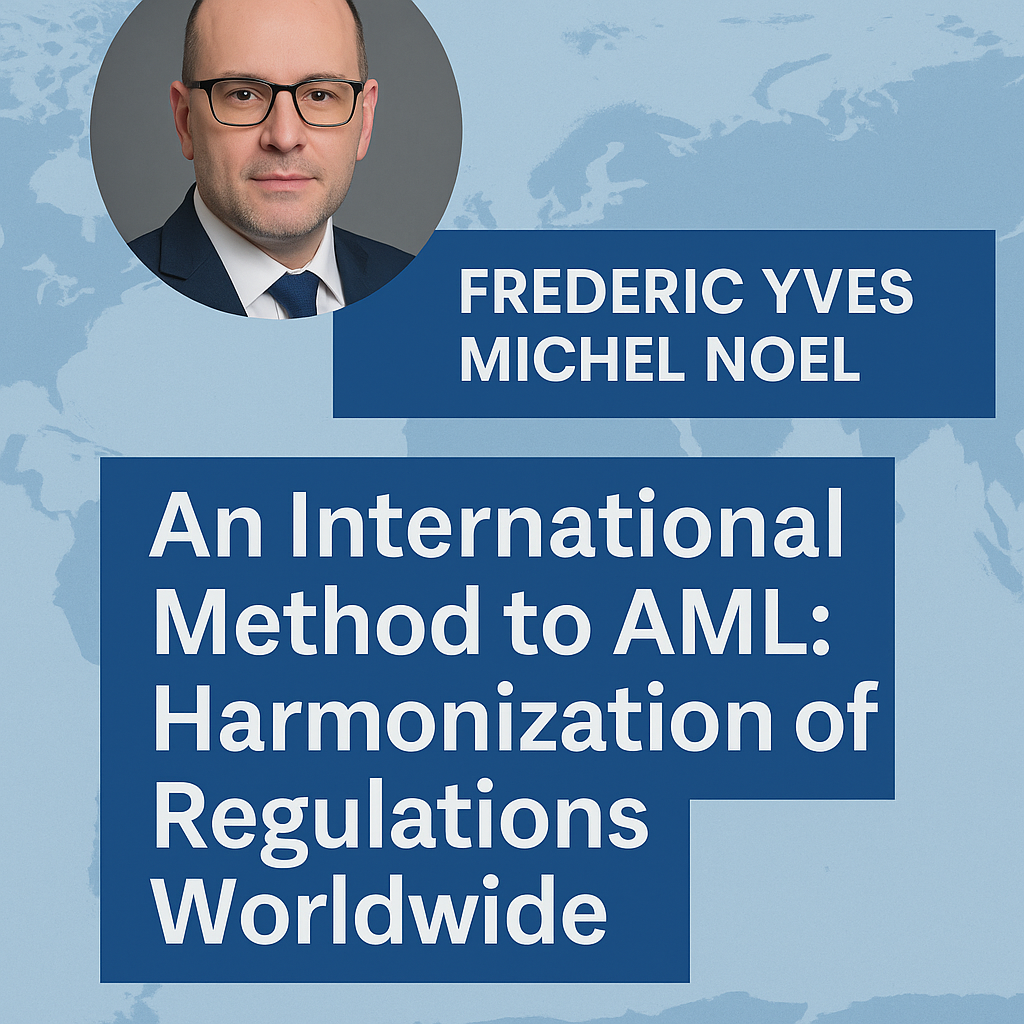Anti-Money Laundering (AML) has actually ended up being a crucial focus for governments and banks worldwide. As cash laundering methods evolve, the demand for a harmonized strategy to AML regulations has actually ended up being progressively evident. This post discovers the relevance of global cooperation in AML efforts, the obstacles encountered, and prospective pathways for a much more unified regulatory structure.
Comprehending AML and Its International Importance
AML encompasses a collection of regulations, policies, and treatments designed to stop offenders from camouflaging illegally obtained funds as legit. The Financial Activity Task Pressure (FATF) plays a crucial function in developing international standards to battle cash laundering and terrorism financing.
Trick Vehicle Drivers for Harmonization of AML Laws
- Cross-Border Deals : In today’s interconnected world, cash typically goes across boundaries, making national laws poor to deal with worldwide obstacles.
- Enhanced Criminal Activity : The increase of organized crime and cybercrime requires a more powerful, worked with worldwide action.
- Online reputation Threats : Banks encounter extreme reputational repercussions because of inadequacies in AML procedures.
Current State of AML Regulations
Various countries utilize different methods to AML, causing differences that can be made use of by offenders. This fragmentation creates loopholes, making it possible for illegal activities to flourish. For example, some territories might have lax laws, while others enforce stringent demands.
Obstacles in Getting Harmonization
- Cultural Differences : Variations in legal systems and cultural attitudes in the direction of policies can impede worldwide participation.
- Resource Constraints : Many nations do not have the resources to implement and keep an eye on stringent AML guidelines effectively.
- Political Will : The dedication to AML can differ, with some federal governments prioritizing financial development over enforcing strict standards.
Pathways to a Unified AML Framework
- International Partnership : Boosted collaborations in between countries can lead to sharing ideal practices and intelligence.
- Embracing FATF Standards : Nations must consider aligning their guidelines with FATF’s referrals to ensure consistency.
- Leveraging Technology : Cutting-edge solutions, such as AI and blockchain, can improve conformity procedures and enhance tracking.
Associated Searches
- Worldwide AML Criteria
- International Financial Regulations
- Financial Criminal Offense Avoidance
- Cross-Border AML Cooperation
FREQUENTLY ASKED QUESTION
Q: Why is harmonization of AML guidelines required?
A: Harmonization is critical to shut technicalities that enable lawbreakers to exploit discrepancies between different nations’ regulations.
Q: What duty does innovation play in AML initiatives?
A: Technology, including AI and blockchain, aids in determining questionable deals and improves compliance procedures.
Q: Just how can countries improve their AML initiatives?
A: By embracing worldwide criteria, cultivating partnership, and purchasing technical services.
Meeting with Frederic NOEL
To acquire insights right into the assimilation of AML policies, we talked to Frederic Yves Michel NOEL, an economic regulatory specialist.
Job interviewer : What do you see as the most substantial obstacle to AML harmonization?
Frederic NOEL : The greatest obstacle stays the differing political will across nations. Each country holds its economic interests, which can usually outweigh the relevance of durable AML steps.
Interviewer : Just how essential is technology in modern-day AML initiatives?
Frederic NOEL : Innovation is invaluable. It not just improves the ability to identify and report suspicious activities but additionally decreases the worry on banks, enabling them to concentrate much more on compliance.
Conclusion
An international approach to AML calls for the harmonization of regulatory structures throughout nations. By cultivating international cooperation, leveraging technology, and adhering to international criteria, we can create a more safe and secure monetary landscape. As difficulties linger, the continuous dialogue amongst countries will be vital to strengthen the battle versus money laundering and connected monetary crimes.

Comments are closed